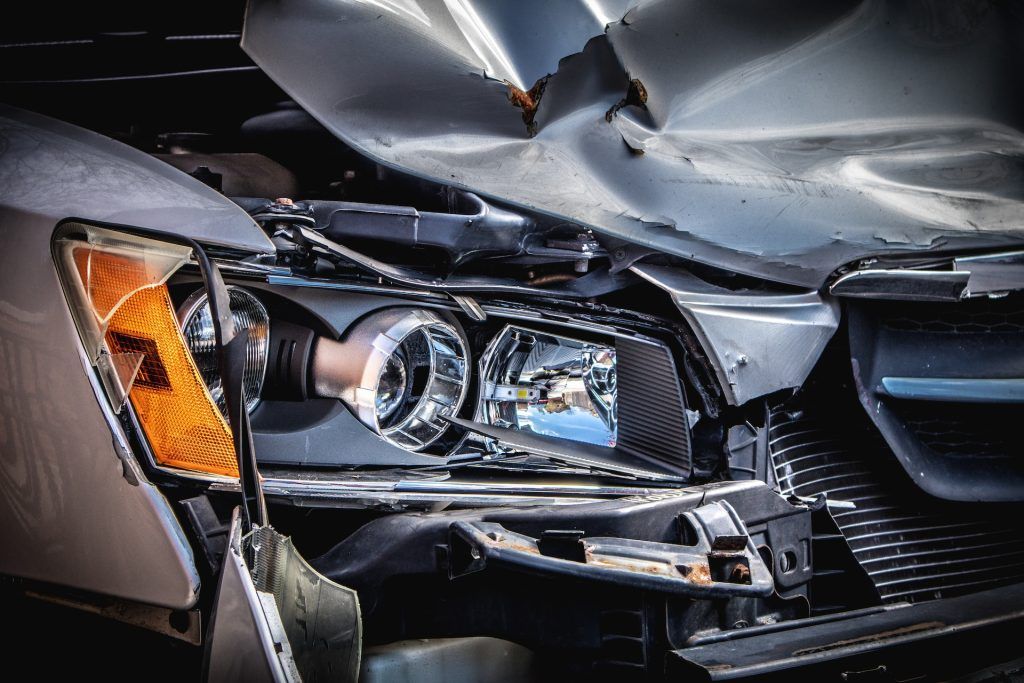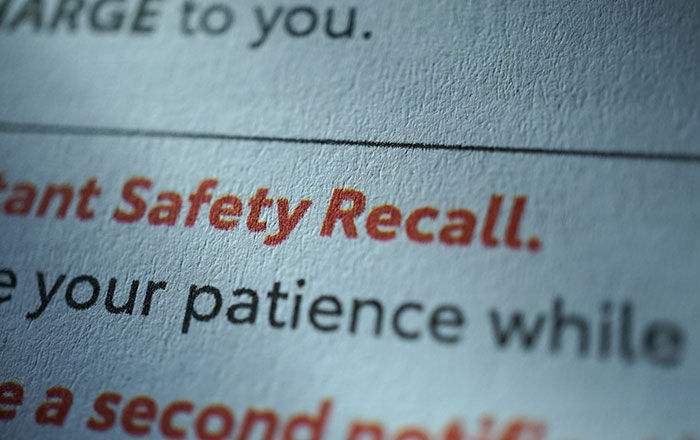
Car accidents are sudden and distressing events that can leave anyone feeling overwhelmed and unsure of what to do next. However, knowing how to respond effectively at the scene of a car accident is crucial for ensuring everyone’s safety, gathering important information, and protecting your legal rights. In this comprehensive guide, we will walk you through the step-by-step actions to take immediately after a car accident, helping you handle the situation with confidence and composure.
- Prioritize Safety: The safety of all individuals involved in the accident is the top priority. As soon as the collision occurs, take the following steps to ensure safety:
- Stay Calm: While it’s natural to feel shaken, try to remain calm and composed to make clear decisions.
- Check for Injuries: Assess yourself and others for injuries. If anyone is seriously injured, call emergency services immediately by dialing the local emergency number (e.g., 911) and request medical assistance.
- Move to a Safe Area: If possible and without causing further danger, move your vehicle to the side of the road or a nearby safe location. Leaving your car in the middle of the road can obstruct traffic and lead to additional accidents.
- Turn on Hazard Lights: Activate your hazard lights to alert other drivers of the accident and your stationary position.
- Call the Police: Regardless of the severity of the accident, it is essential to contact the police. Requesting a police presence at the scene is crucial for documentation and to ensure an unbiased report of the incident. When the police arrive, provide them with an accurate and detailed account of the accident.
- Exchange Information: Obtaining essential information from all parties involved in the accident is critical for insurance claims and potential legal actions. Exchange the following details:
- Name and Contact Information: Get the names, phone numbers, and addresses of all drivers involved in the accident.
- Insurance Information: Exchange insurance company names and policy numbers with the other drivers
- Vehicle Information: Record the make, model, color, and license plate number of each vehicle involved.
- Witness Information: If there are witnesses present, collect their names and contact information. Witnesses can provide valuable statements to support your case if needed.
- Document the Scene: Gather as much evidence as possible at the scene to support your insurance claim and any potential legal action. Use your smartphone or a camera to take pictures of the following:
- Vehicle Damage: Capture images of the damage sustained by all vehicles involved in the accident from multiple angles.
- Accident Location: Take photos of the accident scene, including any skid marks, debris, and relevant street signs or signals.
- Weather Conditions: Document the weather conditions at the time of the accident, as they may be relevant to the case.
- Road Conditions: Note any road conditions that may have contributed to the accident, such as potholes or construction zones.
- Limit Conversations: While it is essential to exchange information with the other parties involved in the accident, limit your conversations with them beyond that. Avoid discussing the details of the accident with the other drivers, passengers, or witnesses, as anything you say could be used against you in the claims process or legal proceedings.
- Notify Your Insurance Company: Report the accident to your insurance company as soon as possible, providing them with an accurate account of the incident. Many insurance policies have specific time limits for reporting accidents, so it’s crucial to notify them promptly. Follow their instructions on providing documentation and cooperating with their investigation.
- Seek Medical Attention: Even if you believe your injuries are minor or non-existent, it is essential to seek medical attention after a car accident. Some injuries, like whiplash and soft tissue injuries, may not manifest symptoms immediately but can worsen over time. A medical examination will create a documented record of your injuries, which can be crucial for insurance claims and potential legal actions.
Here are some common injuries that occur in South Carolina car accidents:
- Whiplash
- Soft tissue injuries
- Broken bones
- Head injuries
- Chest injuries
- Back injuries
- Knee and leg injuries
- Emotional and psychological trauma
- Cuts and lacerations
- Internal injuries
- Avoid Admitting Fault: Refrain from admitting fault or speculating about the cause of the accident, as determining fault is a complex process that requires a thorough investigation. Admitting fault at the scene can have negative consequences for your insurance claim and any potential legal proceedings.
- Gather Information from Witnesses: If there were witnesses to the accident, ask for their names and contact information. Witnesses can provide impartial accounts of the incident, which can be valuable in determining fault and supporting your version of events.
- Do Not Sign Anything Without Review: If anyone, such as the other driver or their insurance company, asks you to sign any documents or agreements, do not do so without consulting your own insurance company or a personal injury lawyer first. Signing documents without understanding their implications could harm your rights and limit your ability to seek fair compensation.
Conclusion
Knowing what to do at the scene of a car accident is essential for ensuring everyone’s safety, gathering crucial information, and protecting your legal rights. In complex cases involving severe injuries, disputed liability, or insurance disputes, it may be beneficial to seek legal advice from an experienced car accident attorney.
Hiring an attorney will allow you to lean on their legal expertise, knowledge, and negotiation skills. Remember, insurance companies are profit-driven entities and will try to minimize the amount they have to pay out. Having a lawyer on your side will ensure that your rights are protected.
A car accident lawyer will gather evidence and put a price on your claim, ensuring that you don’t accept a low-ball settlement offer. You will also benefit from a reduction of stress by hiring a lawyer to represent you in your car accident case, as they will be able to handle all of the legal red tape while you focus on getting better and moving on with your life.
The South Carolina personal injury attorneys at McWhirter, Bellinger & Associates are highly skilled in representing car accident victims. Our lawyers develop custom legal strategies for each client which are designed to get victims fair compensation. We settle most car accident cases outside of court, but we are always ready to fight for you in front of a judge and jury if necessary.
McWhirter, Bellinger & Associates has spent more than 40 years building a stellar reputation across the Palmetto State, and our track record speaks for itself. Our firm treats every client like family, and we truly want the best result for every single person we represent.
We have seven offices across the Midlands of South Carolina, in Aiken, Camden, Columbia, Lexington, Newberry, Orangeburg, and Sumter. Our lawyers work on a contingency basis, which means you won’t pay a penny unless we help you secure an award.
McWhirter, Bellinger & Associates offers free case evaluations for victims of South Carolina car accidents, and we would love to speak to you about your case and advise you on your next steps. There is absolutely no obligation to hire our law firm after speaking to us. Give us a call today at 888-353-5513. It won’t cost you anything to see if we can help.®















